IMF: Crisis-ridden Lebanon needs to form new govt., launch reforms
The International Monetary Fund (IMF) has warned that Lebanon cannot pull itself out of its persisting economic crisis unless a new government is formed to transform the country and put into practice long-stalled reforms.
“The change of direction cannot be done on a piecemeal basis. It requires a comprehensive approach,” said director of the IMF’s Middle East and Central Asia Department, Jihad Azour, on Sunday.
He stressed that the long-awaited reforms should focus on the financial sector, public finance, governance, corruption, and loss-making utilities that have contributed to a surge in debt.
The crisis in the small Mediterranean country, which has been without a government for months, commenced before the COVID-19 pandemic and accelerated after a massive stockpile of ammonium nitrate, stored unsafely for years, exploded in Beirut’s port in August last year, devastating the port and killing more than 200 people.
Prime Minister-designate Saad Hariri has so far failed to form a government. The previous government resigned after the colossal explosion last year.
Lebanon is experiencing its worst economic crisis in decades, compounded by the COVID-19 pandemic, with prices skyrocketing and more than half of the population living below the poverty line.
Lebanon’s economy shrank by 25 percent last year, the IMF said in a report week.
“In (the) absence of a new government that can lead this transformation, it’s very difficult to expect that the situation will in itself improve,” Azour added.
He joined other officials calling for an end to wrangling over the cabinet, as Lebanon’s politicians, since late 2019, have failed to reach an agreement on a rescue plan to unlock foreign cash which Lebanon desperately needs.
“Lebanon needs some large financing in order to jumpstart the economy again in order also to allow Lebanon to be on a recovery path that will take time but is highly needed,” Azour further said, stressing that international support through grants was needed.
The country needed to rebuild confidence among citizens, investors, and the international community, he went on to say.
“This reform package is the starting point. And for that you need to have a new government who will lead the implementation of this reform program,” Azour noted.
The financial crisis took thousands of protesters to the streets last month, blocking key roads in anger at the entrenched political elite that has dominated since the 1975-1990 civil war.
In a country where most of the food is imported, state subsidies have so far helped to partially curb inflation. However, with foreign currency reserves quickly melting, the authorities have warned they will not be able to keep them up much longer.
Iran’s Dena destroyer docks in Indian port as Tehran, New Delhi discuss maritime security
Trump plans to establish 'massive' military base in southern Gaza: Report
NYT questions Trump’s justification for threatening war on Iran
VIDEO | Press TV's news headlines
Araghchi stresses efforts to draft negotiating text between Iran and US
Over 150 ex-diplomats slam French FM's 'disinformation’ about UN’s Albanese
Alawite women abducted and raped, others sold by Jolani's men: Report
Iran, China, Russia hold trilateral talks on Geneva nuclear negotiations


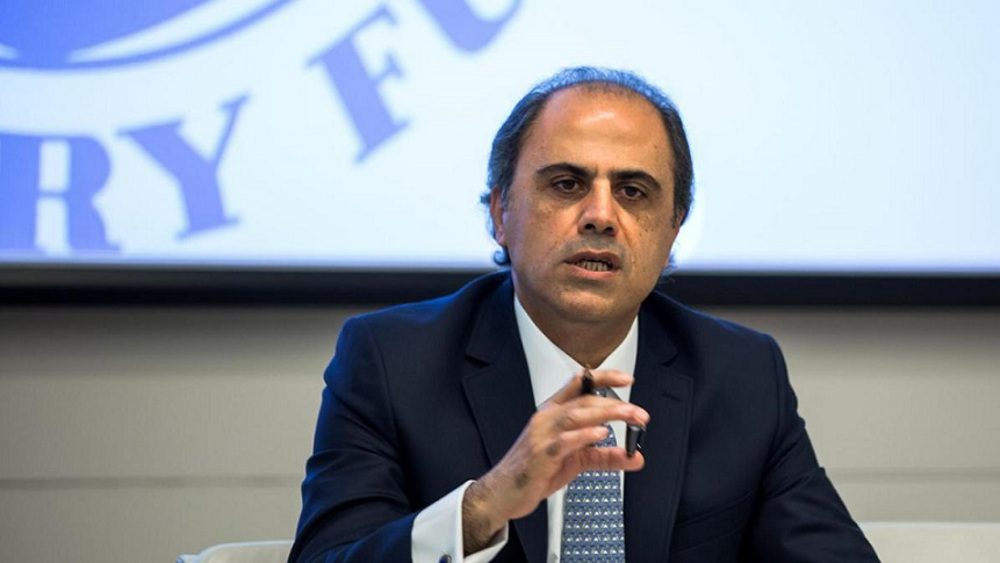
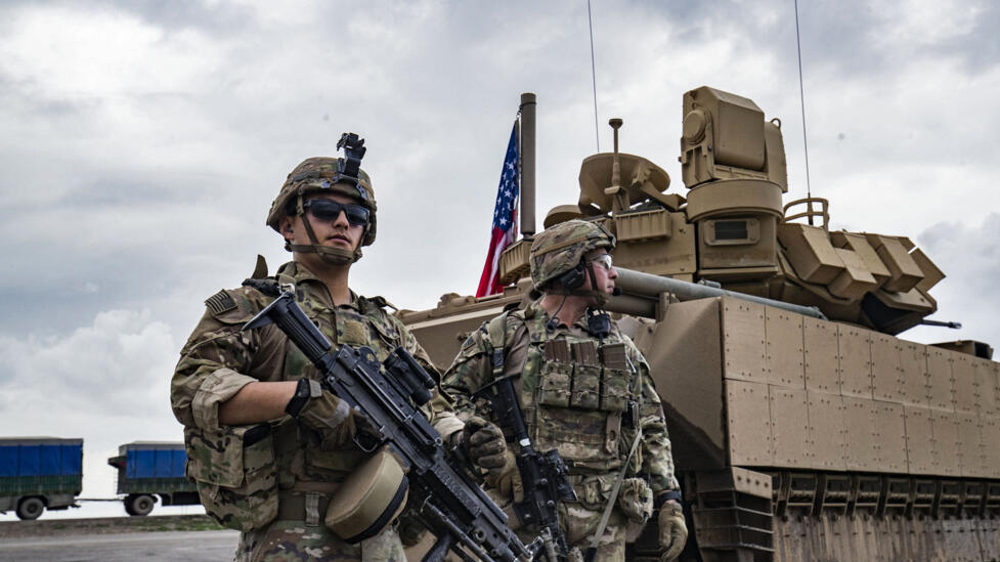
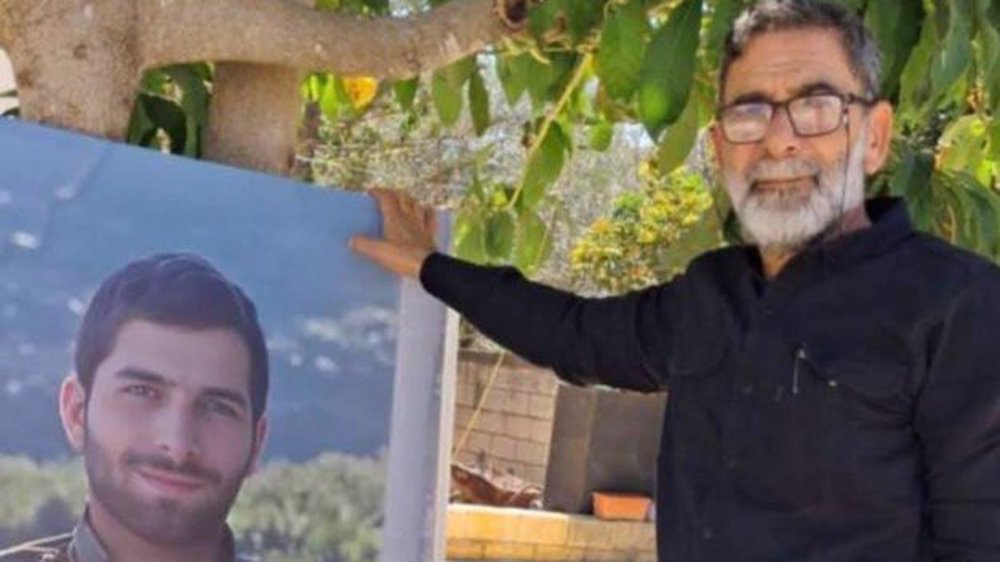
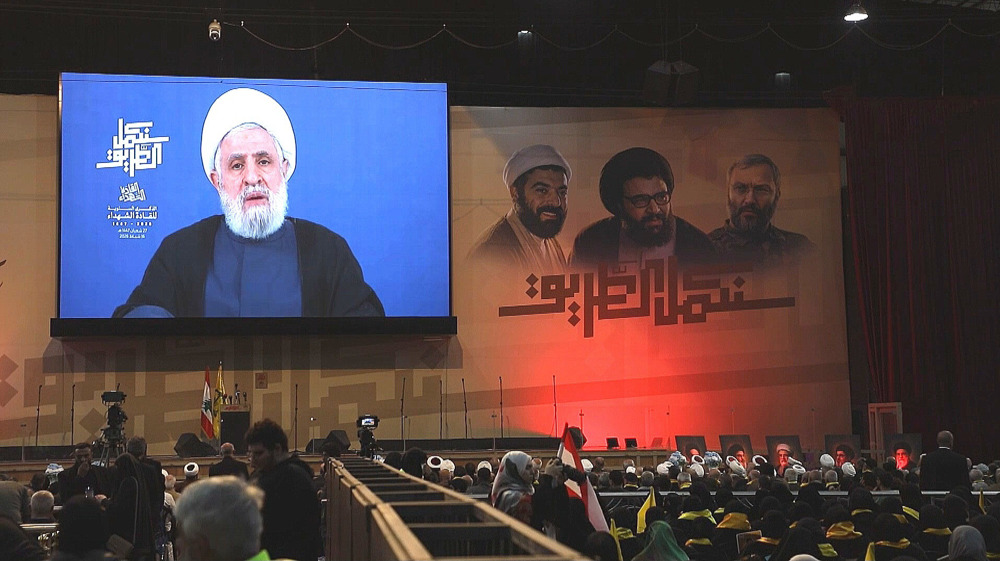




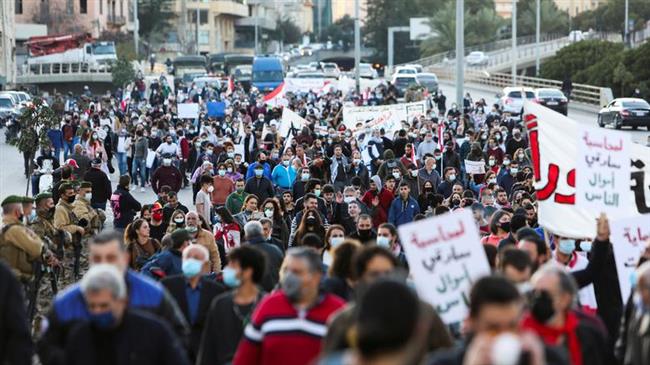
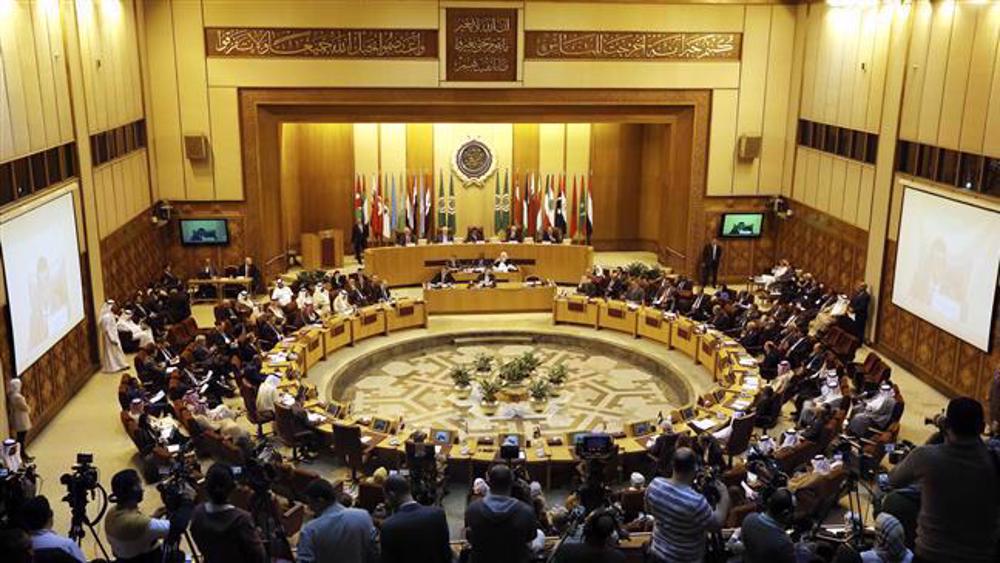
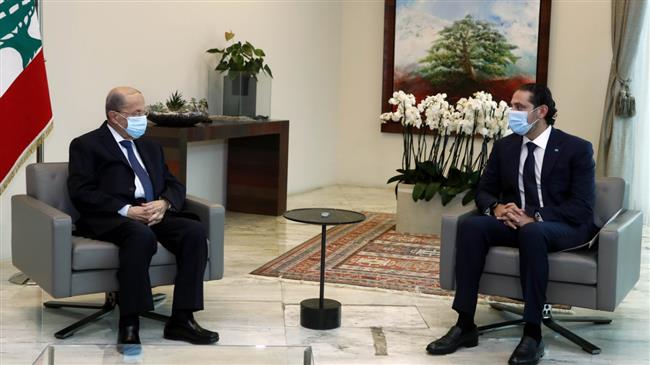

 This makes it easy to access the Press TV website
This makes it easy to access the Press TV website